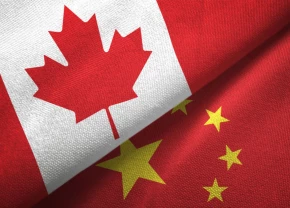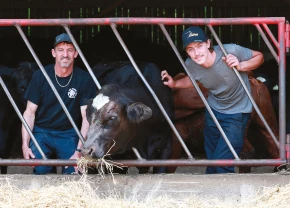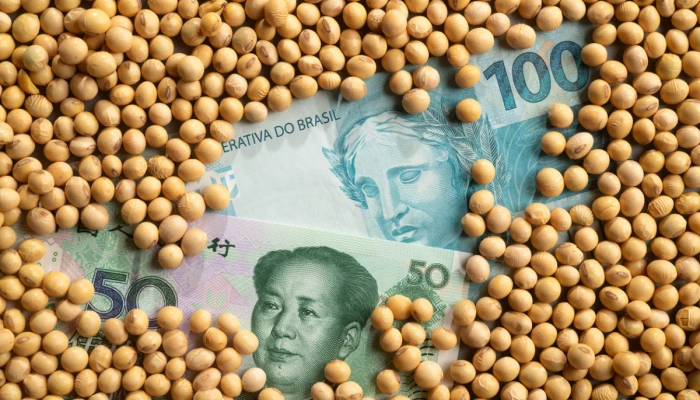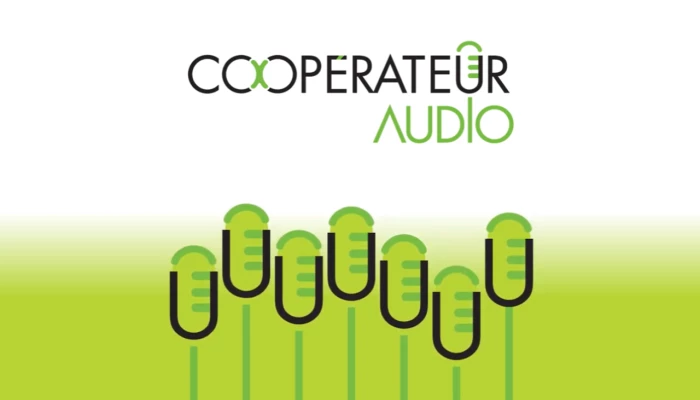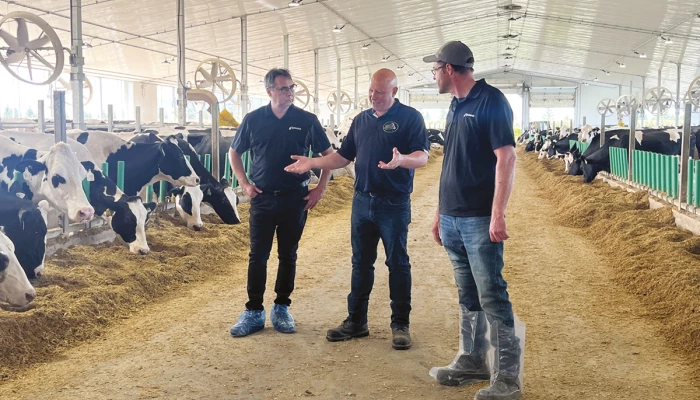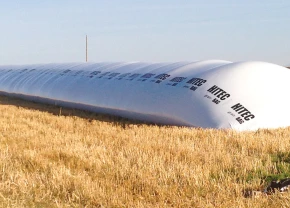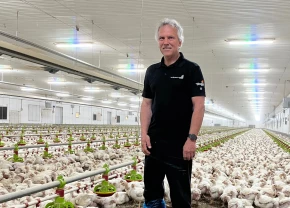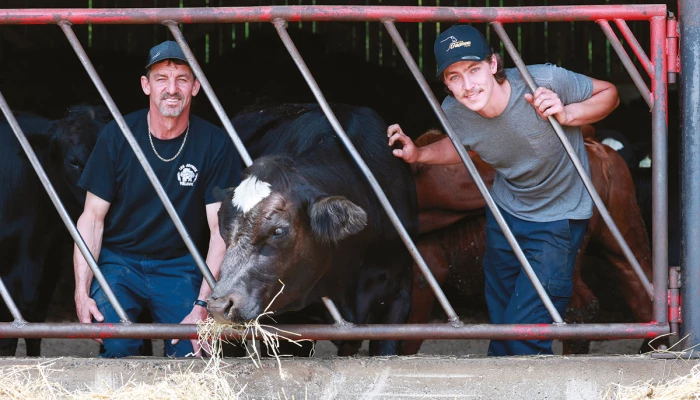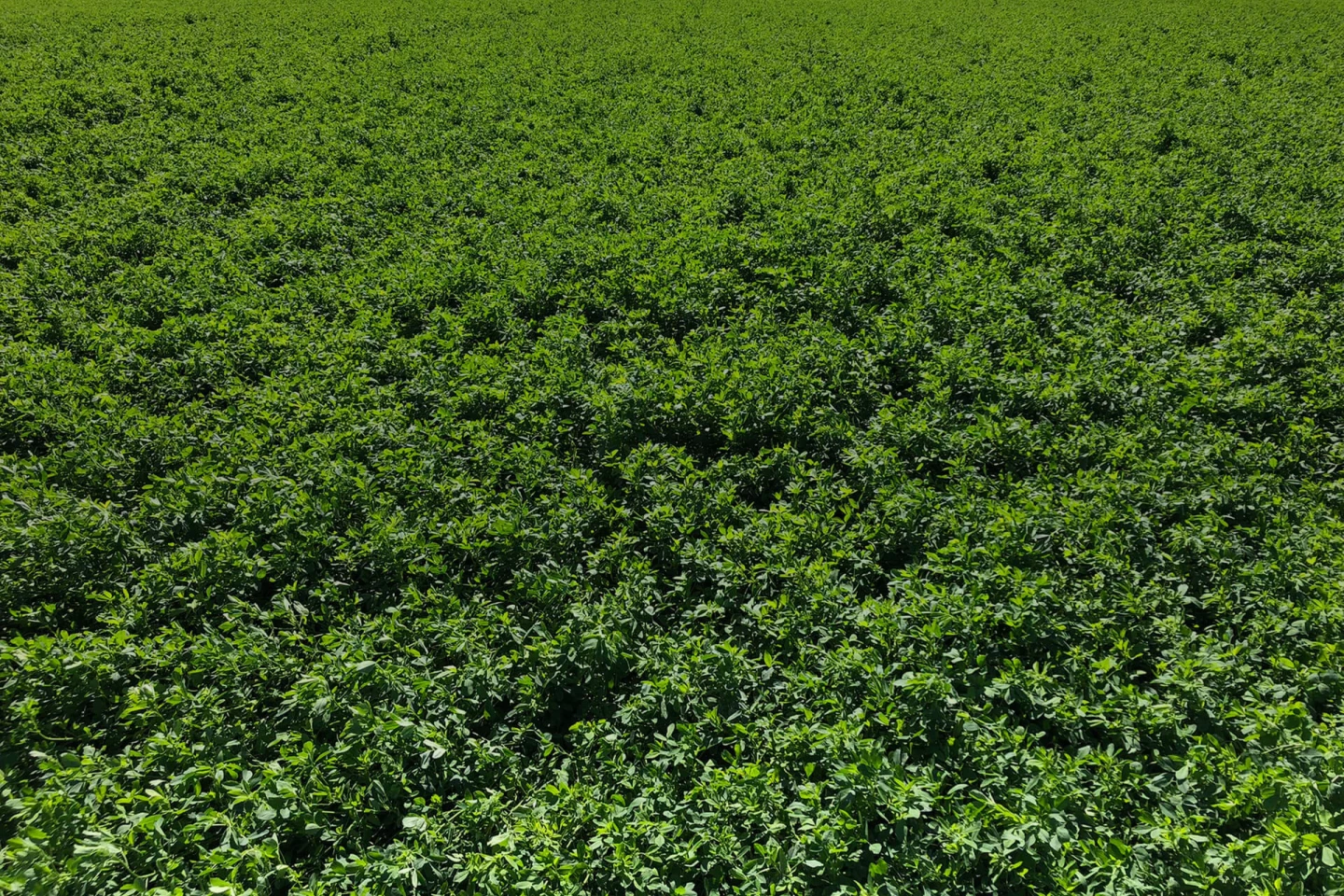
À la une
À la une
Contenu en vedette
Nouvelles couleurs, nouvelles sections, nouveau Coopérateur! Pour commencer 2026, votre magazine se transforme.
Écoutez le Coopérateur audio
Écoutez le Coopérateur audio

Notre dernière édition
Nouvelles couleurs, nouvelles sections, nouveau Coopérateur! Pour commencer 2026, votre magazine se transforme. Voyez aussi ce que nous avons mijoté pour célébrer nos productrices agricoles au cours de 2026.
Éditoriaux du président de Sollio Groupe Coopératif
Éditoriaux du président de Sollio Groupe Coopératif
Contenus commandités
Contenus commandités
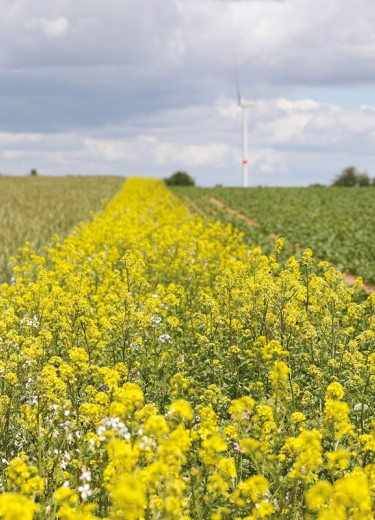
Nos grands dossiers
Explorez nos dossiers étoffés sur des sujets d'actualité et liés directement sur votre production que ce soit par rapport à l'électricité, l'eau ou encore les marchés.

Ça bouge dans votre région!
Que ce soit pour le plaisir d’échanger ou pour élargir vos compétences professionnelles, découvrez les évènements en personne et en ligne de votre réseau coopératif.
Coopérons
Notre équipe éditoriale
Derrière les pages web et papier se cache l’équipe qui veille à la production et à la création du Coopérateur.
Faites-vous connaître
Annoncer dans le Coopérateur, c’est atteindre une communauté de plus de 12 000 membres du milieu agricole coopératif.
Faites-vous entendre
Vous avez une idée pour nous? Faites-nous en part! Nous sommes toujours à la recherche de suggestions d’articles.




